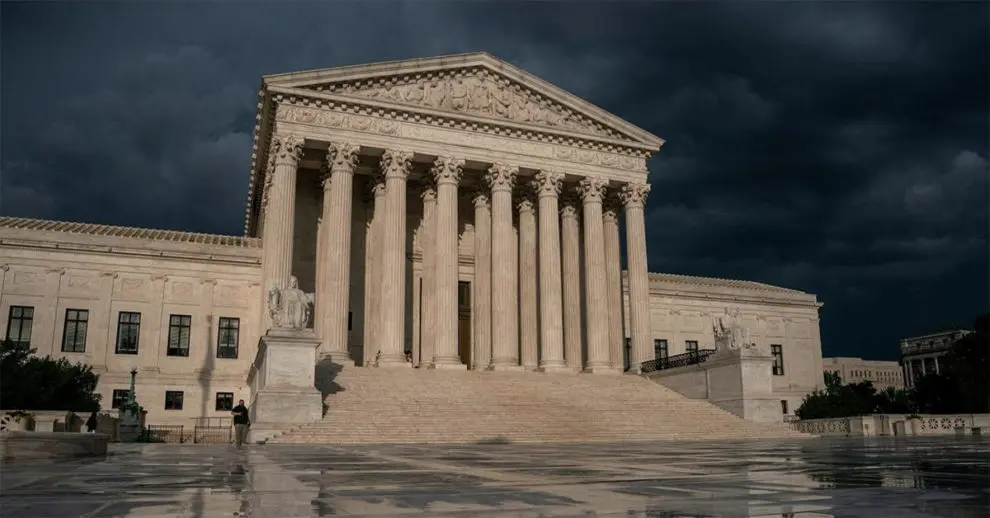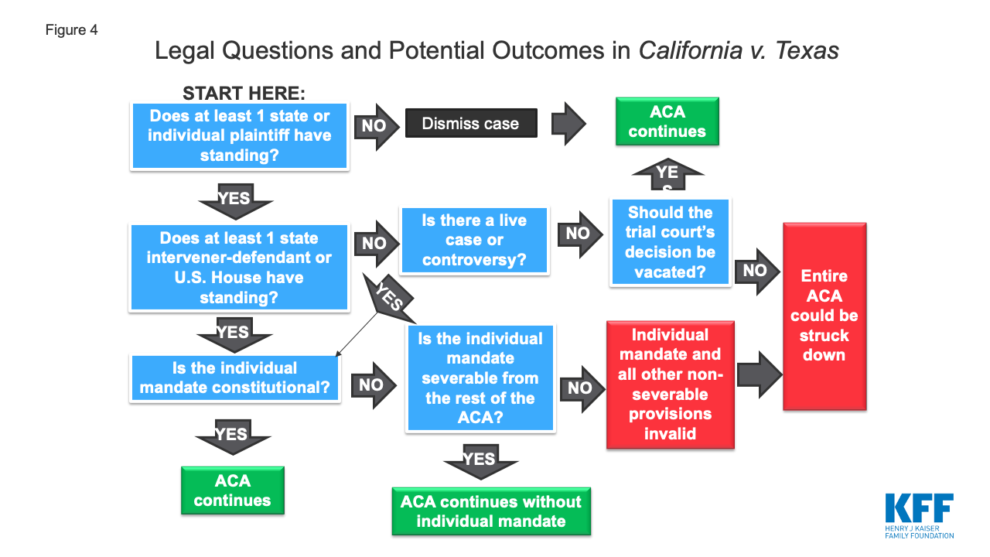
One thing stood out as last week’s election results rolled in: voters want their elected officials to stand up for kids.
As my colleague Tim Smith noted, every 2019 First Focus Campaign for Children Champion for Children on the ballot last week is on track to win their election. Voters selected Vice President Kamala Harris, a multi-time Champion who, as a presidential candidate, shared a comprehensive Children’s Agenda.
These are huge wins. But the fight to protect kids is far from over.
Today the Supreme Court — including newly-appointed Justice Amy Coney Barrett — will hear California v. Texas, yet another case challenging the Affordable Care Act (ACA).

Children stand to lose a lot if the ACA is repealed. But an often-overlooked risk is its impact on the 10 million kids covered by the Children’s Health Insurance Program (CHIP), which protects families who don’t qualify for Medicaid but can’t afford private insurance.
It’s not the first time the ACA has faced challenges — it’s endured more than 60 attempts at repeal in Congress, and survived two SCOTUS decisions already — but with the recent appointment of Justice Barrett, it now faces a more acute threat.
Justice Barrett has opposed the ACA in similar challenges. On King v. Burwell, the 2015 case that upheld key elements of the ACA in a 6-3 decision, she wrote that “the dissent has the better of the legal argument.” She argued that majority opinion writer Chief Justice John Roberts had “pushed the Affordable Care Act beyond its plausible meaning” in King.
And her appointment by Donald Trump is telling: during his first presidential campaign he tweeted that his “judicial appointments will do the right thing unlike Bush’s appointee John Roberts on ObamaCare,” implying a preference toward judges who would overturn the statute.
The ACA is at risk, and its repeal would have ripple effects on the Congressional budget that put CHIP at risk. My colleagues have written on the harrowing impact CHIP expiration has on children and families. It underscores the question: why is CHIP allowed to expire at all?
It’s a cost-effective, time-tested federal health insurance program with bipartisan support, similar to Medicare, Medicaid, the Veterans’ Health Administration, or the Federal Employees Health Benefits Program. CHIP is the only program of its kind subjected to expirations and renewals.
Congress has a chance to change that by passing the CARING for Kids Act to make CHIP a permanent budget fixture.
Making CHIP permanent isn’t a radical move. When asked, more than two-thirds of voters said that they support making the program permanent, and the House bill already has support from both sides of the aisle.
The ACA’s future is increasingly uncertain, and the time to lock in kids’ care is now. We don’t allow insurance for veterans or members of Congress to expire — kids’ health coverage shouldn’t expire either. Tell your member of Congress to take a stand for kids by co-sponsoring the CARING for Kids Act today.